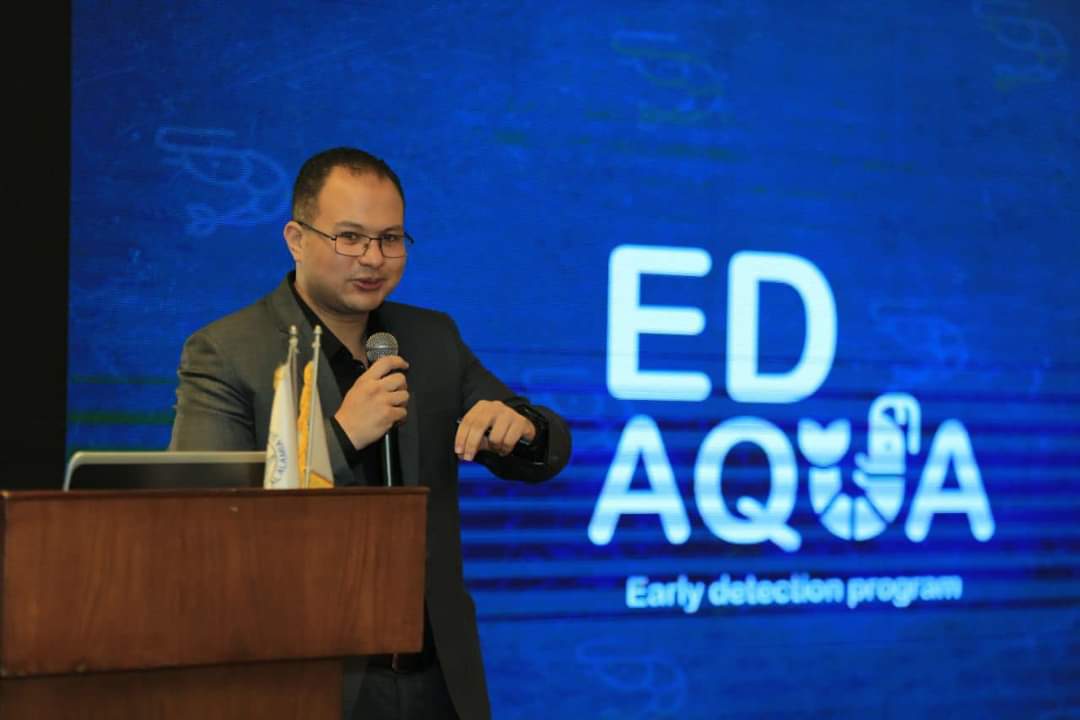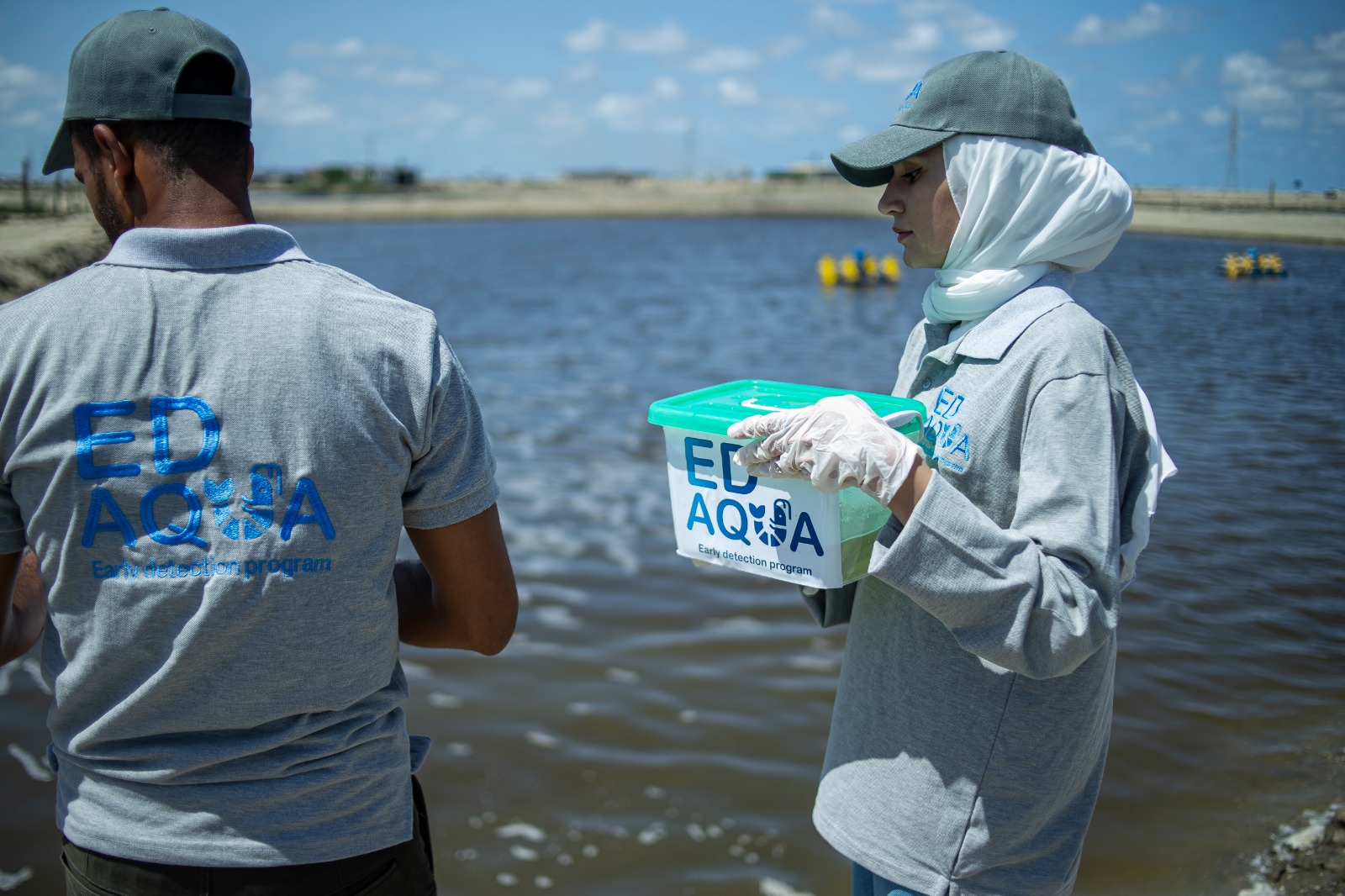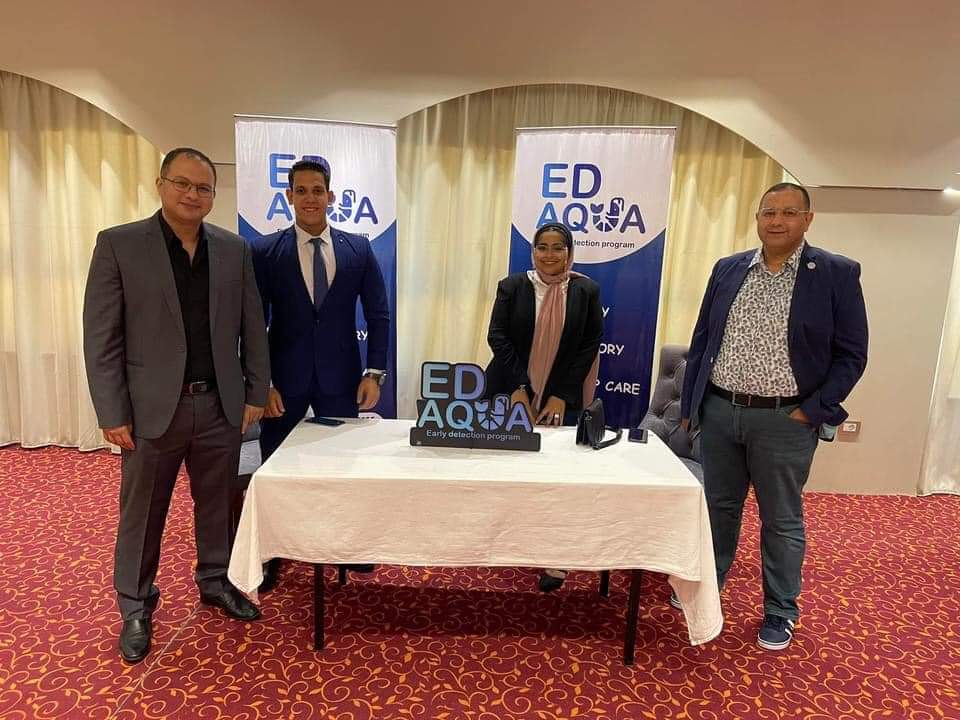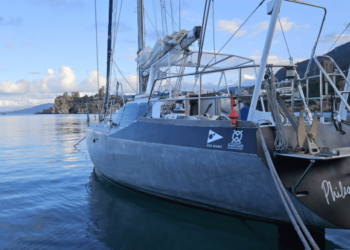ED-Aqua: collaborative approaches to promote Blue Economy and Aquaculture Development – Aquaculture represents one of the most important sectors of the blue economy, diversifying and achieving sustainable fisheries and preserving fish stocks and conserving the marine environment with its biodiversity of marine resources.
As it is considered at the forefront of vital economic sectors with high productivity, this sector contributes a large percentage of achieving food security, providing wide investment opportunities and provides wide areas for investment in the field of farming, fish marketing and food processing.
The importance of investing in the fisheries sector is based on the availability of modern technology applications that contribute to the success of fishing industry projects and the absorption of large quantities of fish production and also provides job opportunities and improve the standard of living.
To achieve these goals, stakeholders, institutions and companies involved in the blue economy and sustainable food production need to provide adequate training for workers in the sector.

One of the important examples that contributes to the dissemination of knowledge and training, on different scales of aquaculture is represented by ED-Aqua, specifically, in the field of fish wealth in Egypt and the Arab world.
Dr. Eslam Elkenawy, the founder of ED-Aqua said that the aim of the platform is to work on developing the aquaculture sector and linking theoretical and practical work, so that it is not just knowledge from books and memorization. The sector has a large percentage of workers who are not specialists and they are not able to put into practice theoretical concepts and modern methods, facing a big loss – just because they do not have enough experience.
The ED-Aqua Platform’s Strategy therefore sets out two axis of action.
The first axis is oriented to students and graduates
This is done by providing a series of online seminars at a close distance and by transferring knowledge in the field from different doctors and in various fields, and the lectures are recorded and uploaded on the Ed Aqua platform to ensure their existence and reference them at any time
A cooperation protocol was established with Suez fisheries wealth, Mansoura Veterinary Medicine and Al-Azhar agriculture Cairo
And the accreditation of the certificates of the training program of the ED-Aqua platform-ed-aqua-by the Faculty of Fisheries at Suez University and considered as part of the approved training for students and affiliated to the college.
It was also agreed that there are various forms of training for college students, field visits and workshops to raise the efficiency of students and qualify them for the labor market, next to the scientific material to link the theoretical and practical and take sufficient experience from the ground.
And also the exchange of experiences between the platform and all professors and researchers of the faculty, which achieves the maximum benefit for students and recent graduate.
Encouraging student ideas and innovations on a dedicated day known as Aqua youth day.
The second axis is oriented to fish farmers
This was done through the advanced early detection program . To detect pathogens and improve growth rates, his goal was to bring the picture closer to the farmer
Laboratory tests
- Sample collection
- Examination and early diagnosis
Technical support
- 24hours customer service
- Technical and technical support and consulting
Efficiency and effectiveness
- New management methods
- Increase in productivity
Dr. Eslam Elkenawy said that this was done at the beginning in shrimp farms and in tilapia hatcheries, finding solutions to diseases in simple and inexpensive way.
He added that “prevention is better than cure” and disease detection is an essential aspect of aquaculture management. Fish diseases can cause significant losses in aquaculture production and can even lead to the collapse of entire farms. Therefore, early detection and diagnosis of diseases are critical for effective disease management diseases are at the beginning of their treatment is simple and waiting until the disease appears is a big mistake, especially in shrimp
Now the fish farmers are starting to believe that science has a benefit and specialization has a role.
Examples of lectures included in the platform:
- The Phanami shrimp farming course
- The series (Beyond Shrimp Diseases) entitled: The basics of shrimp farming and the most famous diseases
- Practical steps to manage the nutrition file in the farms of shrimps
- The basics of hatching shrimp
- Water quality management in shrimp farms
- Diagnosis of parasitic diseases
- The series Beyond Shrimp Diseases (titled: The most famous parasitic diseases in shrimp
- Fish hatchery design and management and best practices
Sustainability in aquaculture development is crucial for ensuring the long-term viability of this industry as a source of food and income for millions of people worldwide. By adopting sustainable practices, we can ensure that this industry continues to thrive while minimizing negative impacts on the environment and supporting local livelihoods and fostering stakeholder collaboration is essential for promoting sustainability in the aquaculture industry. By working together, stakeholders can address common challenges and opportunities and develop shared goals and strategies for a more sustainable future.
ED-Aqua: collaborative approaches to promote Blue Economy and Aquaculture Development












Insightful and educative. I want to be part of this great development.
Great